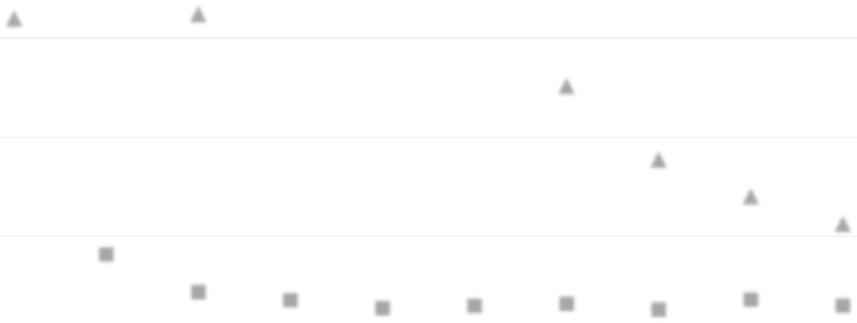






British Columbia’s real estate market continues to be in the spotlight, as the province takes measures to address the ongoing housing crisis. March 2023 saw some significant developments, including an announcement by the provincial government to put an end to single-family zoning across the province. We expect this move to increase the supply of housing in BC, and provide more affordable options for home buyers.
Many of the challenges facing the BC real estate market are policy-driven, such as interest rates, immigration, municipal zoning, and taxes. Premier Dave Eby has been working to address some of these issues, and his government’s recent decision to end single-family zoning is a step in the right direction. This move will help create more housing options for residents across the province, and potentially help ease some of the supply shortages.
The new legislation introduced by the BC government will allow up to four homes on a traditional single-family lot in municipalities across the province. This will enable homeowners to create secondary accommodation, such as basement units or potentially even duplexes,


town homes, and triplexes. This will provide more affordable options for home buyers and renters, especially in areas where the cost of living is high.
BC’s Housing Minister Ravi Kahlon has stated that “without more types of homes, we risk pushing more of our future generation away. We risk creating neighbourhoods where playgrounds are quiet, sidewalks are empty, and coffee shops are vacant. Small-scale, multi-unit homes are how we address this challenge.” The government recognises the urgency of this issue and is taking steps to address it. New Zealand started down this path in 2016 in Auckland. The success of their move to “up-zone” existing land, led to the entire country following suit in 2021, resulting in a 110% increase in development permits.
Besides these policy changes, the BC real estate market saw some interesting trends in March. According to the BC Real Estate Association (BCREA), the province saw a 16.9% increase in home sales compared to the same period last year. The average price of a home in BC was $912,925, up 14.5% from March 2022. These trends show that, despite the challenges faced by the market, there is still a significant demand for housing in the province.
On the monetary policy front, the Bank of Canada (BoC) met in March and held interest rates steady. Central-bank economists expect CPI inflation to fall to 3% by mid-year, which could impact the housing market as well. However, of note, interest-rate swaps that capture market expectations about monetary policy decisions are pricing



in two quarter-point rate cuts by the end of 2023.
The benchmark value for a single-family home in the Victoria in March 2022 was $1,387,200. In March 2023, the benchmark value for the same home decreased to $1,236,200, a drop of 10.9 per cent from the February figure of $1,247,200. The benchmark value for a condominium in the Victoria Core area in March 2022 was $616,400, while the benchmark value for the same condominium in March 2023 decreased by 9.1 percent to $560,300, down from the February value of $568,200.
Overall, the housing market in British Columbia in March 2023 has shown promising signs of stability, but more needs to be done to address the ongoing housing challenges. The province’s government needs to continue implementing policies that encourage the development of affordable housing, which will help developers focus on constructing missing middle housing to cater to the needs of the population.
Being a part of our boutique brokerage means benefiting from the strength of the whole. It means coming together with fellow real estate professionals who are constantly rethinking industry norms and pushing themselves further through technology, design and service.


